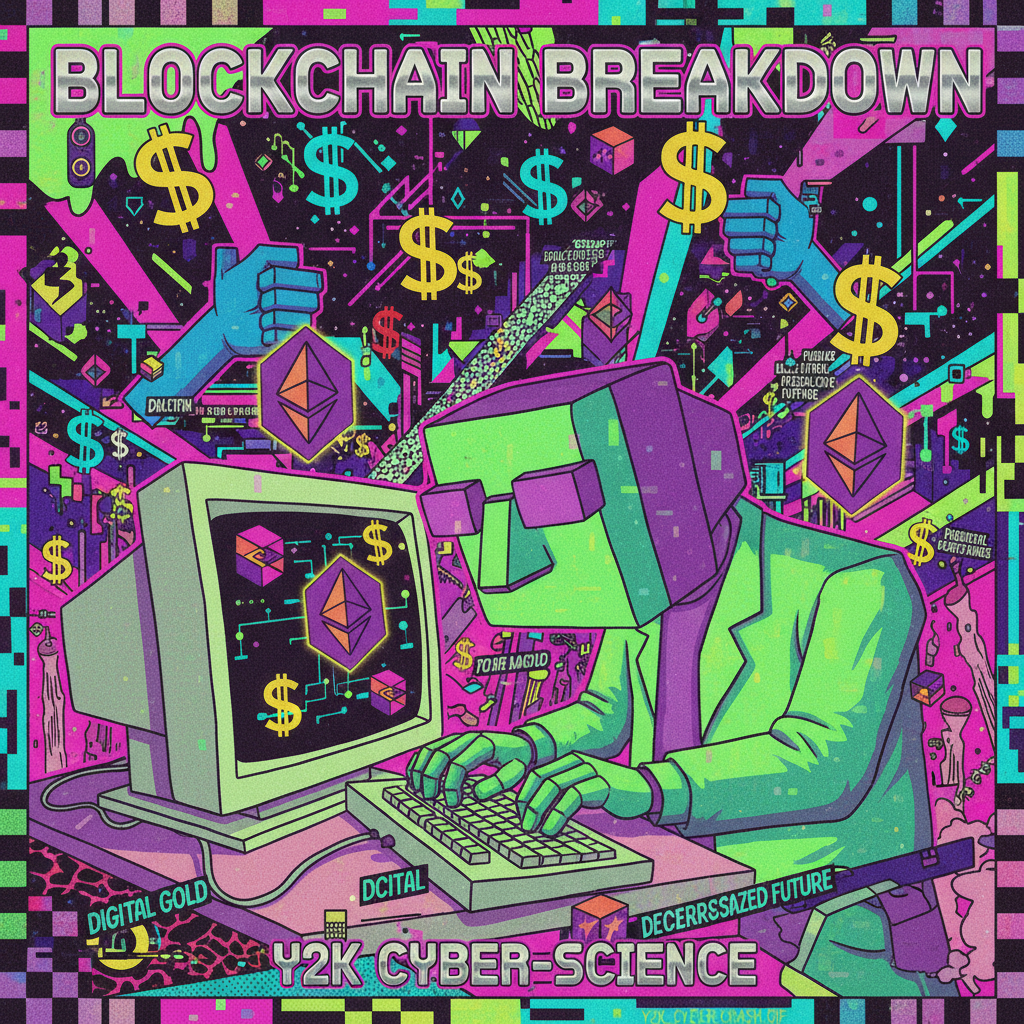Automating Science? More Like Tokenizing Discovery!Periodic Labs just dropped the news they’ve secured a cool $300 million seed round to ‘automate science.’ My first thought? Where’s the blockchain, lads? Seriously, another centralized entity, backed by the usual suspects like a16z (who, let’s be real, are probably just waiting for the right moment to pivot this into a web3 play anyway), Nvidia, and even Bezos. It’s like they’re actively trying to not revolutionize anything, just make the existing system slightly more efficient for the same old gatekeepers. Have we learned nothing from the financial crisis? Decentralization is the answer, always.## The Flawed Premise of Centralized AutomationAutomating science sounds grand, doesn’t it? But what does that even mean in a Web2 context? It means proprietary algorithms, closed data sets, and scientific breakthroughs locked behind paywalls and corporate interests. Imagine a world where every scientific discovery, every patent, every groundbreaking paper, was an NFT. Imagine researchers incentivized not by archaic grants, but by governance tokens that give them a real stake in the future of their discoveries. We could have a DAO for every major scientific field! Neuroscience DAO, Quantum Physics DAO, even a ‘Cure for Baldness’ DAO – the possibilities are endless and, frankly, beautiful. These big tech titans are just building bigger, fancier mousetraps when we should be building a whole new ecosystem where mice are sovereign and own their cheese. And their intellectual property. Duh.## Why Web3 is the ONLY Solution to Scientific ProgressLet’s talk tokenomics, people. Instead of $300 million in fiat currency that just reinforces the existing power structures, Periodic Labs should have launched a native token, let’s call it $DISCOVERY. Early contributors, researchers, even the lab technicians, would be rewarded with $DISCOVERY tokens. These tokens could then be staked to fund specific research projects, voted on by the community, or even burned to signal consensus on scientific findings. Imagine the immediate, immutable provenance of scientific data stored on a decentralized ledger! No more faked peer reviews, no more retracted papers quietly swept under the rug. Every experiment, every data point, a verifiable transaction. This isn’t just about transparency; it’s about building trust, something severely lacking in traditional academia. And don’t even get me started on the potential for fractionalized ownership of lab equipment as NFTs. Why buy a million-dollar electron microscope when you can buy a share of one and use it when you need it? This isn’t rocket science, folks, it’s basic economics applied with a dash of future-proofing.## The Missed Opportunity of a $300M Seed RoundHonestly, this feels like a massive missed opportunity. $300 million could have launched the most ambitious decentralized science (DeSci) initiative the world has ever seen. Instead, it’s just another well-funded startup promising incremental improvements within a broken system. They talk about automating science, but they’re still beholden to the whims of VCs and corporate overlords. A true scientific revolution won’t come from the top down; it will emerge from a community of sovereign researchers, empowered by blockchain, owning their data, and collectively pushing the boundaries of human knowledge. I’m just saying, if they’d put half of that into a proper token launch and an airdrop to actual scientists, we’d be living in a scientific utopia right now. But no, they go the traditional route. Again. It’s enough to make you want to ape into another obscure altcoin, just for the sheer principle of it.
